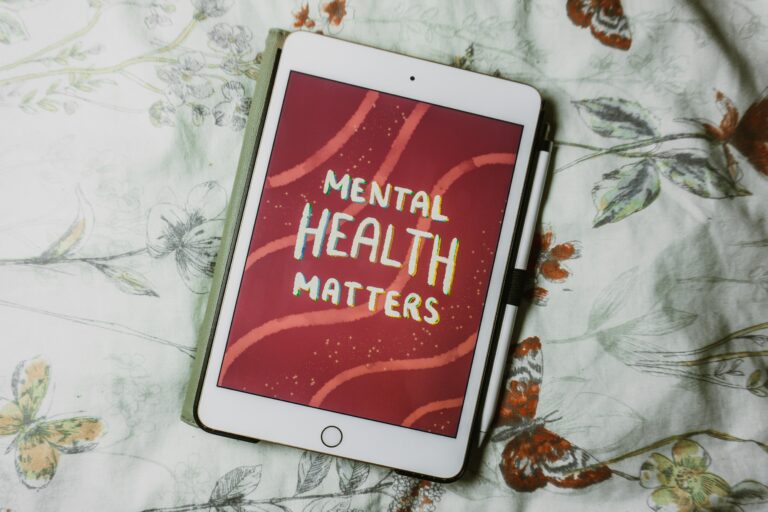The Evolution of Psychology: Understanding Human Nature and Its Impact on Life
The Importance of Understanding Psychology in Our Daily Lives
Psychology is the scientific study of the mind and behavior, exploring how individuals think, feel, and act. Over the centuries, psychology has evolved from philosophical speculations into a well-established scientific discipline. Today, its insights play a crucial role in understanding human nature, improving communication, and enhancing both personal and professional relationships.
In this article, we will explore the different types of psychology, the history behind them, notable authors and theorists, and the future of the field. We will also discuss how psychology can be applied in everyday life and various sectors such as communication, relationships, and even the workplace.
The History and Development of Psychology
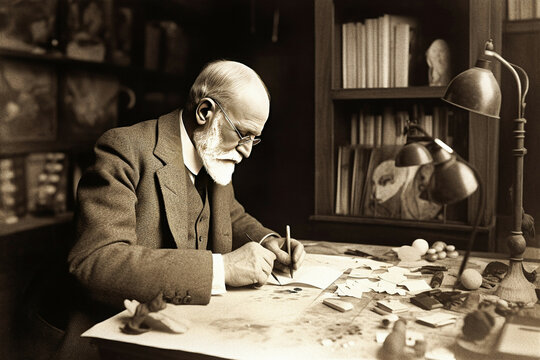
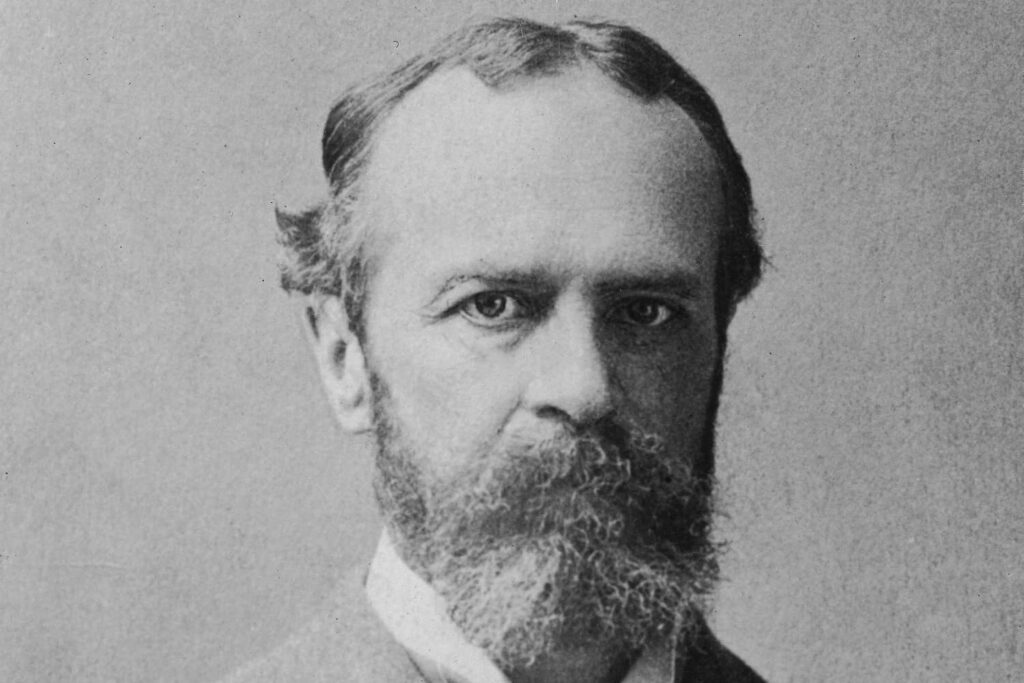
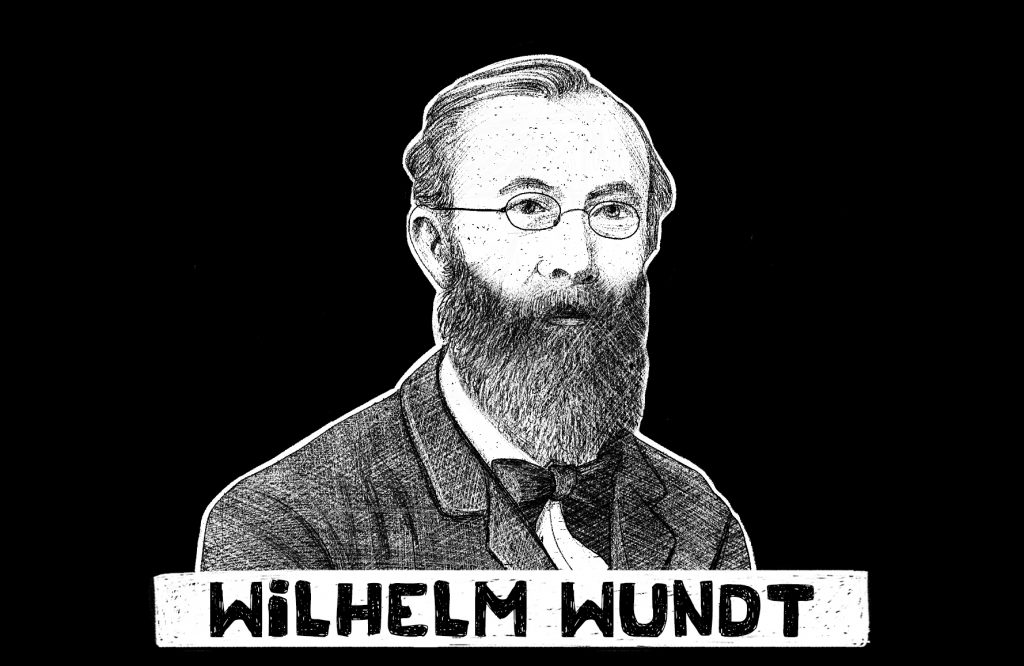
Early Foundations: Philosophy and Introspection
Psychology’s origins can be traced back to ancient civilizations. In ancient Greece, philosophers such as Socrates, Plato, and Aristotle pondered questions about the mind, behavior, and human nature. They laid the groundwork for later psychological thought, but psychology as we know it today didn’t emerge until the late 19th century.
- Wilhelm Wundt (1832-1920): Known as the “father of modern psychology,” Wundt established the first psychological laboratory in 1879 in Leipzig, Germany. His work focused on introspection, the process of examining one’s own conscious thoughts and feelings.
- William James (1842-1910): Often referred to as the father of American psychology, James introduced the theory of functionalism, emphasizing how mental processes help individuals adapt to their environments. His book The Principles of Psychology (1890) is considered a classic in the field.
Key Milestones in the Development of Psychology
- Sigmund Freud (1856-1939): Freud’s psychoanalytic theory revolutionized psychology by introducing concepts like the unconscious mind, defense mechanisms, and childhood experiences. His ideas, though controversial, had a lasting impact on how we understand human behavior and mental disorders.
- Behaviorism (1900s-1950s): In the early 20th century, figures like John B. Watson and B.F. Skinner shifted the focus of psychology from the mind to observable behavior. This movement led to the development of behavior therapy, which focuses on changing problematic behaviors.
- Cognitive Revolution (1950s-Present): The cognitive revolution marked a return to studying mental processes such as memory, perception, and decision-making. Psychologists like Jean Piaget and Noam Chomsky challenged behaviorism and argued that the mind should be studied scientifically.
Modern Psychology and New Developments
- Neuroscience and Biological Psychology: Recent advancements in neuroimaging and brain research have opened new areas in understanding how the brain affects behavior, cognition, and emotions.
- Positive Psychology: Founded by Martin Seligman, positive psychology focuses on human strengths, well-being, and happiness, shifting the focus from merely treating mental illness to enhancing the quality of life.
Types of Psychology and Their Applications
1. Clinical Psychology

Clinical psychologists diagnose and treat mental health disorders, such as anxiety, depression, and schizophrenia. They use therapies like Cognitive Behavioral Therapy (CBT), psychoanalysis, and mindfulness-based approaches to help clients.
- Applications: Treatment of mental health conditions, therapy sessions, psychological assessments.
2. Cognitive Psychology
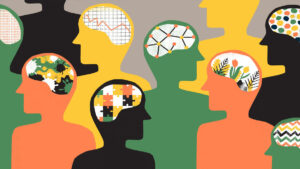
Cognitive psychology studies mental processes like perception, memory, problem-solving, and decision-making. Researchers like Piaget and Chomsky contributed to understanding how humans process and store information.
- Applications: Enhancing learning techniques, improving decision-making, cognitive-behavioral therapy.
3. Behavioral Psychology

Behavioral psychology, influenced by Watson and Skinner, emphasizes learning through conditioning. It focuses on observable behaviors and the ways they can be modified.
- Applications: Behavior modification, teaching methods, addiction treatment.
4. Social Psychology

Social psychology examines how individuals’ thoughts, feelings, and behaviors are influenced by the presence of others. This includes topics like group dynamics, social influence, and interpersonal relationships.
- Applications: Understanding social behavior, improving communication, conflict resolution, marketing and advertising.
5. Developmental Psychology
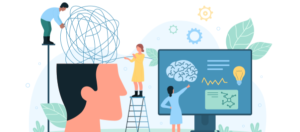
Developmental psychology explores how people change and grow throughout their lives. It includes the study of cognitive, emotional, and social development from infancy to adulthood.
- Applications: Education, parenting strategies, aging-related research.
6. Industrial-Organizational Psychology

Industrial-organizational (I-O) psychology applies psychological principles to the workplace, aiming to improve productivity, employee well-being, and organizational structure.
- Applications: Employee selection, training, motivation, leadership development, and organizational behavior.
7. Health Psychology

Health psychology focuses on how biological, social, and psychological factors influence health and illness. Researchers in this field explore stress, coping mechanisms, and how lifestyle choices impact health.
- Applications: Stress management, promoting healthy behaviors, working with patients in medical settings.
Why Should We Learn About Psychology?
Psychology helps us understand human behavior and mental processes, giving us insight into our actions and the actions of others. Here’s why learning psychology is valuable:
1. Enhancing Communication
Understanding psychological principles can improve communication in both personal and professional settings. For instance, knowing about non-verbal cues, active listening, and emotional intelligence can foster better conversations and stronger relationships.
2. Improving Relationships
Psychological theories help explain interpersonal dynamics, conflict resolution, and emotional responses, making them valuable for improving romantic, familial, and social relationships.
3. Personal Development
Studying psychology can lead to greater self-awareness, helping individuals understand their thoughts, motivations, and behaviors. It can also enhance coping strategies for stress and difficult emotions.
4. Problem-Solving and Decision Making
Psychology teaches us how humans think, which can lead to better decision-making strategies, whether in business, personal life, or complex problem-solving.
5. Advancements in Various Fields
Psychology’s applications extend beyond therapy. It plays a role in marketing, education, medicine, law, and sports, showing how psychological principles can optimize human performance in many domains.
The Future of Psychology
The future of psychology lies in its integration with technology, such as artificial intelligence, machine learning, and neuroimaging. We are entering a new era of psychological research, where we can map the brain in unprecedented ways and gain deeper insights into human behavior. Advancements in psychotherapy, preventive mental health care, and personalized treatments will also play a significant role.
Book Recommendations for Learning Psychology
1. “Thinking, Fast and Slow” by Daniel Kahneman
A foundational book on cognitive psychology and decision-making, it explores how our brains work in both intuitive and deliberate ways.

2. “The Power of Habit” by Charles Duhigg
This book delves into how habits are formed and how we can change them, drawing on insights from behavioral psychology.

3. “Emotional Intelligence” by Daniel Goleman
Goleman explores the importance of emotional intelligence (EQ) in personal and professional life, focusing on how it can be developed.

4. “The Man Who Mistook His Wife for a Hat” by Oliver Sacks
A fascinating look into various neurological disorders, this book blends psychology with case studies of individuals with unique brain conditions.

5. “The Psychology of Influence” by Robert Cialdini
This book outlines the principles of persuasion and social influence, offering insights into social psychology and behavior.
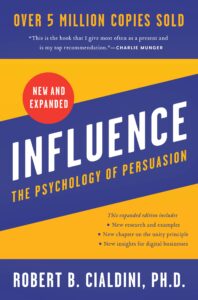
Conclusion: The Impact of Psychology on Everyday Life
Psychology offers valuable insights into human behavior, communication, and relationships, making it a crucial discipline in both our personal and professional lives. By understanding the different types of psychology and their applications, we can better navigate the complexities of human nature and improve our interactions with others.

